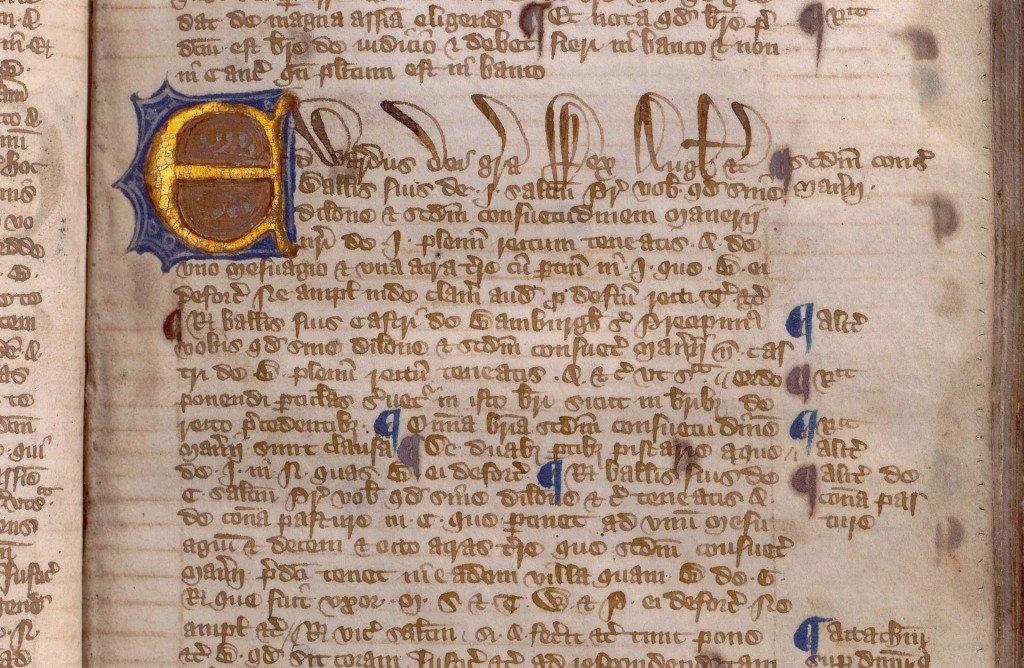Image courtesy The Remnant Trust
To me, the essence of Magna Carta is limiting the sovereignty and powers of the rulers (King at that time) and moving towards reaffirmation of sovereignty and freedoms of the people. It is about rule of law, due process and equality of everyone before the law. This is particularly relevant to us in Sri Lanka today, as it was early this year, that we as Sri Lankan people, expressed our resistance to tyranny of one ruler (and his family) and reaffirmed our faith in rule of law and due process. But like the Magna Carta, our victory is far from being complete.
Magna Carta was not a gift from an oppressive ruler, but a result of a resistance by persons who felt victimized by what they perceived as unjust rule. There have been other attempts to limit powers of rulers before the Magna Carta. But the Magna Carta has caught the imagination of those within and outside the UK, even till today. It was not just one document, but a process, during which the agreement that was Magna Carta was withdrawn, discarded, openly flouted and fresh attempts made to revise and resurrect it. There would have been compromises as to the contents. This process is also part of the spirit of the Magna Carta.
At that time, the Magna Carta would have been revolutionary, with clauses such as “no free man shall be seized or imprisoned…except by the lawful judgment of his equals or by the law of the land”. But it was was far from being perfect, with key clauses referring to “free men”, and restricting freedoms to women and peasants. It didn’t appear to have covered freedom of expression and religion.
Today, the spirit of the Magna Carta has gone beyond the shores of UK and found its way into modern day domestic and international human rights law, which has sought to affirm rights of all persons and communities. States have agreed on limits of state sovereignty to some extent through international human rights treaties and declarations, and mechanisms to monitor and report on implementation. International human rights treaties are perhaps advanced versions of Magna Carta, where rulers have agreed what they should do and not do to people within their territories, whether their own citizens or non citizens.
Magna Carta would have been an irritant to rulers of that day, likewise, human rights appears to be an irritant to rulers today. This is probably why, as we try celebrate the 800th anniversary of the Magna Carta, governments openly flout their legal, political and moral commitments and agreements towards human rights. At the domestic level and also international level. Today, I read that President Basheer of Sudan was allowed to leave South Africa, avoiding arrest for mass atrocities. The South African government appeared to have turned its back on its legal and moral obligations to execute the arrest warrant on Basheer from the International Criminal Court (ICC), which it’s own courts ruled was binding on them to implement. Also this morning, a British friend expressed fear about withdrawal of the British Human Rights Act, and UK’s potential withdrawal from the European Convention on Human Rights and the European Court of Human Rights, despite these having been a bulwark that has helped many victims of violations to seek redress. For example, this was the framework which had enabled the House of Lords to rule that the indefinite detention of foreign nationals was unlawful.
These are ominous signs to continue the spirit of the Magna Carta. We should be careful about romanticizing the Magna Carta, which is a historical document and process, not a preventive or redress mechanism for victims of violations today. So today, we should look at the Magna Carta critically, recognize its limits, and focus on asserting its empowering and liberating spirit through a contemporary human rights culture. This includes legal and institutional frameworks at domestic and international level, with strong enforcement mechanisms. And importantly, a spirit of public outrage and resistance to tyranny of the powerful, whether it’s dictatorial and corrupt political leaders, brutal militant groups or exploitative economic forces.
(This is the unedited version of a blog post written by the author on request of the Deputy British High Commissioner to Sri Lanka, for her blog. An edited version was published here.)
